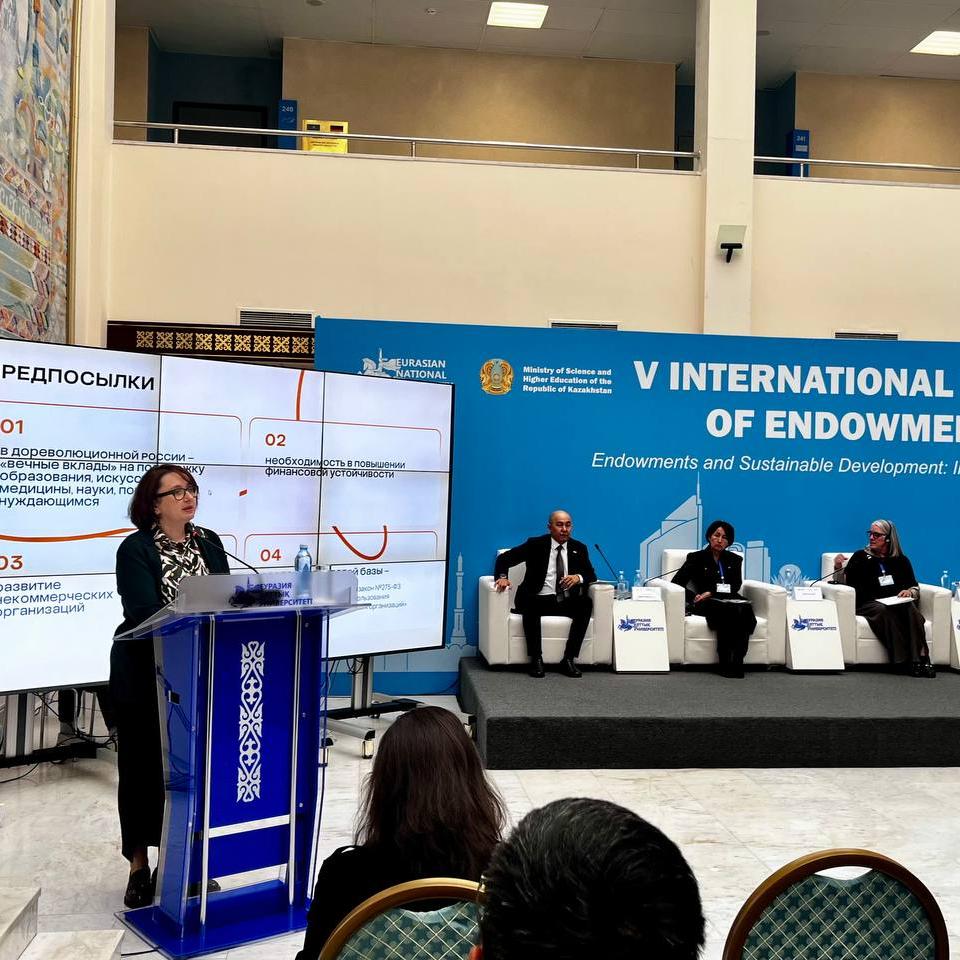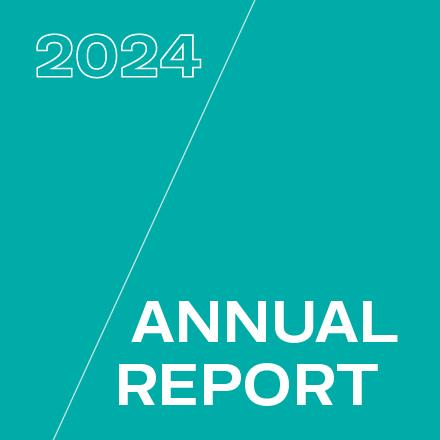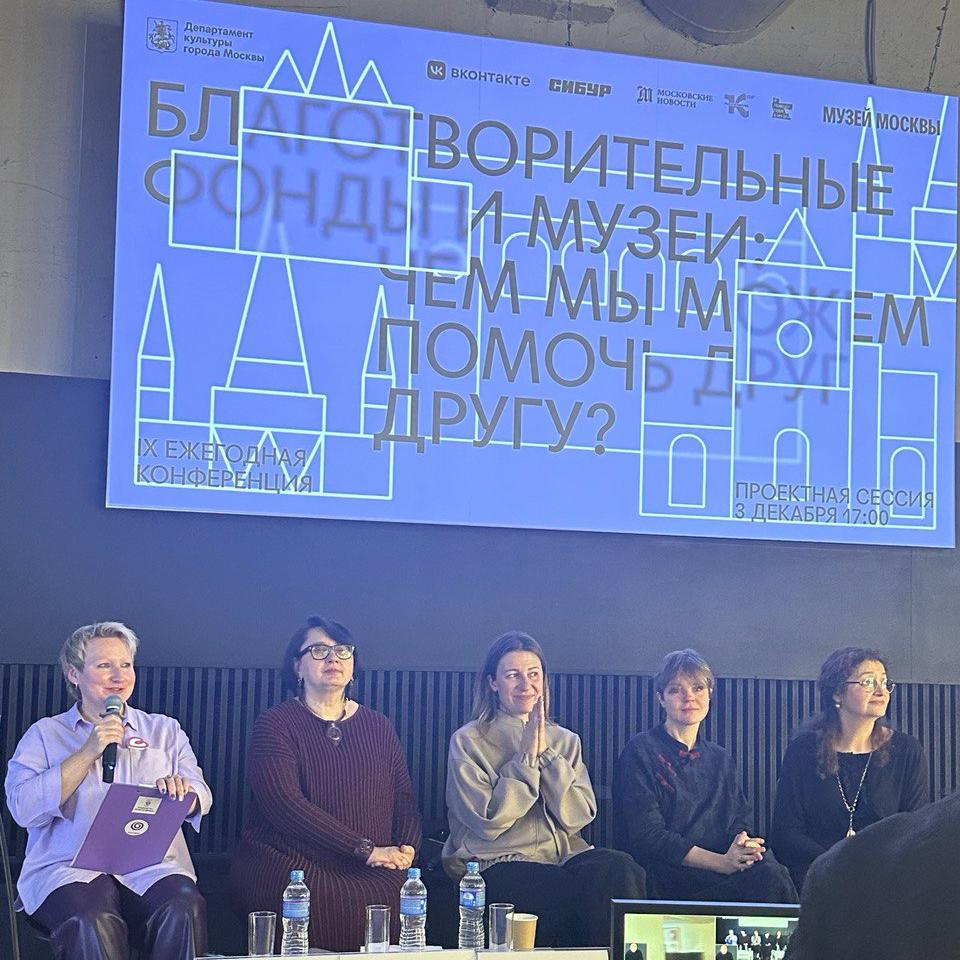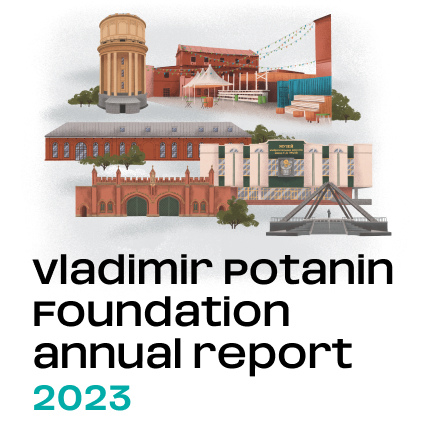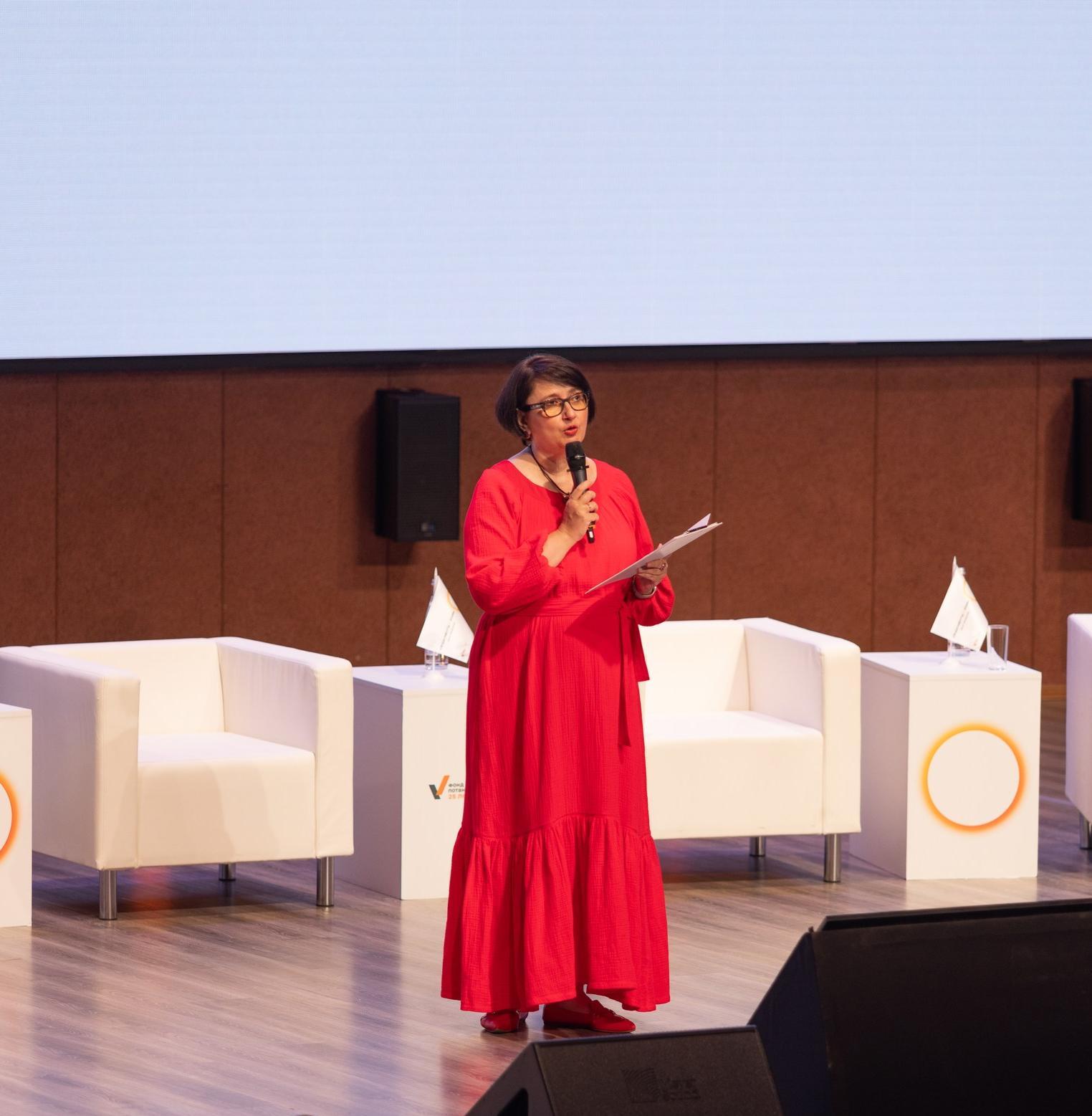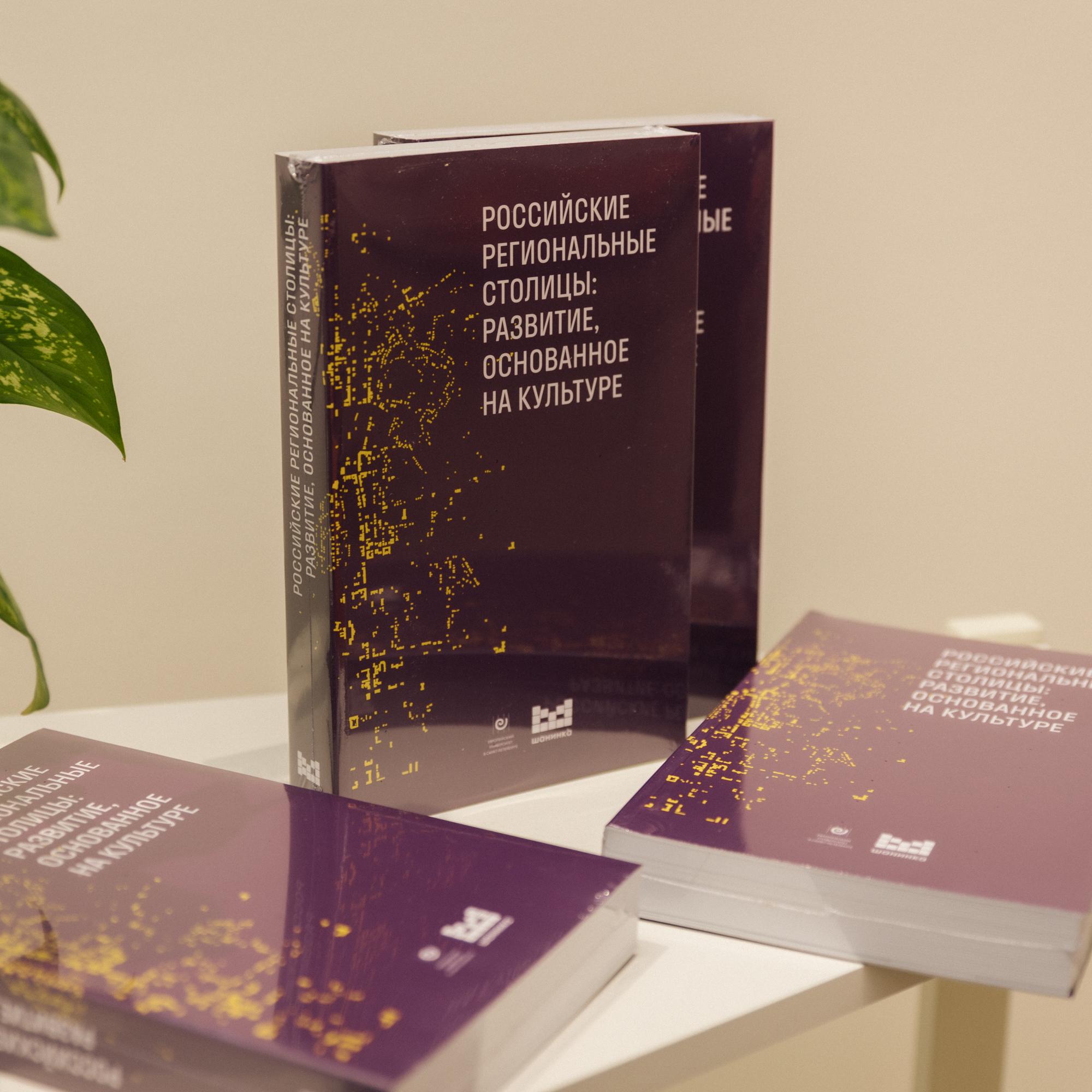General Director of the Vladimir Potanin Foundation Oksana Oracheva participated in the discussion “Museum Far East: Fr om Idea to Model” at the 10th anniversary Eastern Economic Forum.
Participants discussed the role of museums in the future of the Far East, modern technologies for increasing their appeal, and the development of the region’s tourism potential. Particular attention was paid to cooperation between the government, business, and the museum community, as well as to subsidy and investment mechanisms.
Oksana Oracheva, General Director of the Vladimir Potanin Foundation:
“Today, projects are emerging in the Far East that are transforming the cultural landscape and setting new standards. Theatrical productions by Far Eastern Federal University in collaboration with the Arseniev Museum, the museum and exhibition center in Nakhodka, which brings together business, the community and culture, as well as gastronomic and other interdisciplinary initiatives — all this speaks to creative courage and the ability to work in partnership.
At the same time, the picture remains ambiguous. While some cultural institutions already attract significant non-budgetary funding, many still largely rely on government grants and subsidies and have yet to fully utilize the potential of private investment and endowment practices, which could provide museums with greater stability and independence.
There are examples of striking interdisciplinary projects and partnerships, yet we see a lack of sustainable network connections that would allow regions to exchange experience and replicate best practices. New formats for audience engagement are emerging — even in small and closed cities, wh ere it is particularly important to maintain the interest of regular visitors — but professional mobility remains low, and many institutions make little use of opportunities for training and knowledge exchange.
Over the past ten years, we have supported 27 organizations from eight regions with a total of about 50 million rubles — the region’s potential is certainly much greater. Therefore, it is important for us not only to launch individual projects, but also to create platforms for collaboration, experience exchange, and long-term development, so that success becomes a rule rather than an exception.”
Elvira Nurgalieva, Deputy Minister of the Russian Federation for the Development of the Far East and the Arctic, noted that museums today are becoming important agents of change: they shape the identity of local communities, influence quality of life, and set new benchmarks. According to her, it is important to seek out unconventional forms of cooperation — “to go out into the city,” and work together with municipalities on urban improvement projects. Building new museums and rethinking existing ones makes it possible to synchronize knowledge about the region and form a shared vision for the future.
Natalia Gonchar, Head of Corporate Relations at Sakhalin Energy LLC, stated that an important task today is to strengthen the appeal of the regional brand. According to her, long-term cooperation between businesses and museums, the development of corporate programs, and joint work with government structures make it possible to shape a concept for the future and foster social optimism.
Viktor Shalay, Director of the Vladimir K. Arseniev Museum of Far East History, noted that dialogue between museums, business, and government plays a key role. According to him, only in this way can the real needs of museum community and its development prospects in the Far East be understood. Involvement in joint projects and participation in overall transformation paves the way for change.
The discussion was also attended by: Liliya Gizzyatova, Director of the Department for the Implementation of the Socio-Economic Potential of Promising Territories at the Primorsky Krai Investment Agency; Evgeny Guzman, Acting Deputy Chairman of the Government of the Jewish Autonomous Region; Roman Karmanov, General Director of the Presidential Fund for Cultural Initiatives; Roman Kovrikov, General Director of the Peterhof State Museum Reserve; Julia Kupina, Director of the Russian Museum of Ethnography; and Natalia Tolstaya, General Director of the Far Eastern Art Museum. The discussion was moderated by Inna Prilezhaeva, Executive Director of the Association of Cultural Managers.
The Eastern Economic Forum is aleading platform for discussing development strategies for the Far East and attracting investment. It is here that new projects are shaped, ties between the government, business, and the expert community are strengthened, and the forum plays an important role in expanding Russia’s international cooperation with the Asia-Pacific region.
The recording of the discussion is available at the link.


